Dreams How to enrich your waking life through your dreams
The hidden wisdom of your dreams reveals unconscious patterns for healing, self-discovery, and inner transformation.
taught by Marieke McKenna
Neuroscientific perspectives on the brain during sleep, the function of dreaming and other insights from scientific sleep research.

Chapter 1
Understanding Sleep (phases and stages)

Chapter 2
Parasomnias, Remebering & Forgetting

Chapter 3
Insights from Dream Research

Chapter 4
Sleep Hygiene: Better Night’s Rest
Dream cultures from around the world and cross cultural perspectives and insights from Hinduism, Tibetan Buddhism, Celtic mythology, Native American and Australian Aboriginal traditions.
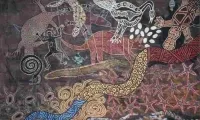
Chapter 1
Hinduism & Tibetan Buddhism
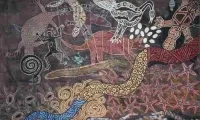
Chapter 2
Native American & Australian Aboriginal
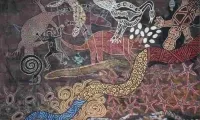
Chapter 3
Celtic Tradition
The way of the Oneironaut - awake in the dream: what is it, what do people do in lucid dreams and how can you learn it?
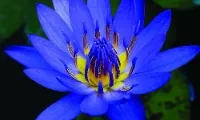
Chapter 1
Awakening in Dreams: Contextualizing the Field
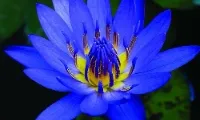
Chapter 2
Exploring Potential: Healing, Creativity & Practical Benefits
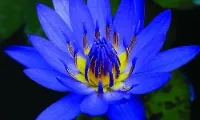
Chapter 3
Oneirogens, Technology, Messaging & Potential Risks
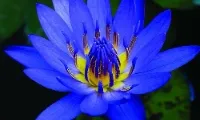
Chapter 4
Bridging the Gap: Communication Between Wakefulness and Sleep
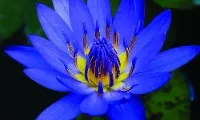
Chapter 5
Lucid Dreaming Induction Practice
On average, we spend one third of our lives asleep. That’s roughly 26 years of our time on earth. Of that time, we spend around 6.5 years of our life potentially dreaming.
Dreaming is a universal experience found across time and space in humanity and other species. Historically however, dreams have been of great interest to many different cultures. Importance has been attributed to them that ranges from messages from the divine and predictions of the future, to key insights for the individual and/or society at large.
How might our lives change if we engaged more consciously with our dreams? Today, the way in which dreams are commonly viewed largely falls into two spheres: those who are convinced dreams are valuable, insightful, wonderful, and interesting, and those who consider dreams something akin to a mere random firing of neurons - left-over daytime memory residue. Something many people are able to agree on is that dreams have the ability to point us to elements of our life that might require more attention from an emotional point of view: fears, desires, and - essentially - truth.
By combining experience and knowledge from an interdisciplinary oral history approach, hands-on experience in a laboratory setting, historical analysis and philosophical reflection - as well as a life-long personal dream practice - Marieke McKenna will guide you into a deeper understanding of the spectrum of dream consciousness.
- 6 modules of pre-recorded sessions
- Transcriptions
- Community discussions
- Live conversations with Marieke McKenna
- Additional readings and resources
- General insights from dream research on the immense variety of dreams and dreaming.
- What state-of-the-art neuroscience teaches us about the dreaming brain and sleep in general.
- How to enhance your sleep habits, and consequently, dream habits, such as dream recall and interpretation. In particular, students will learn ways to deal with nightmares, and how to approach lucid dream induction.
- How various cultures across the world have viewed the realm of dreams and dreaming, including Ancient dream incubation and lucid dream techniques.
- How dreaming can support mental health, memory, creativity, resourcefulness, and spiritual practices.
- You will gain a deeper understanding of various approaches to dreams, such as Jungian psychoanalysis, dream journaling, but also lesser known approaches, such as creative dream work and somatic approaches to dreams and dreaming.
- You will become acquainted with the fast-developing commercial field of commercial ‘dream tech’, its applications, and its potential dangers.







